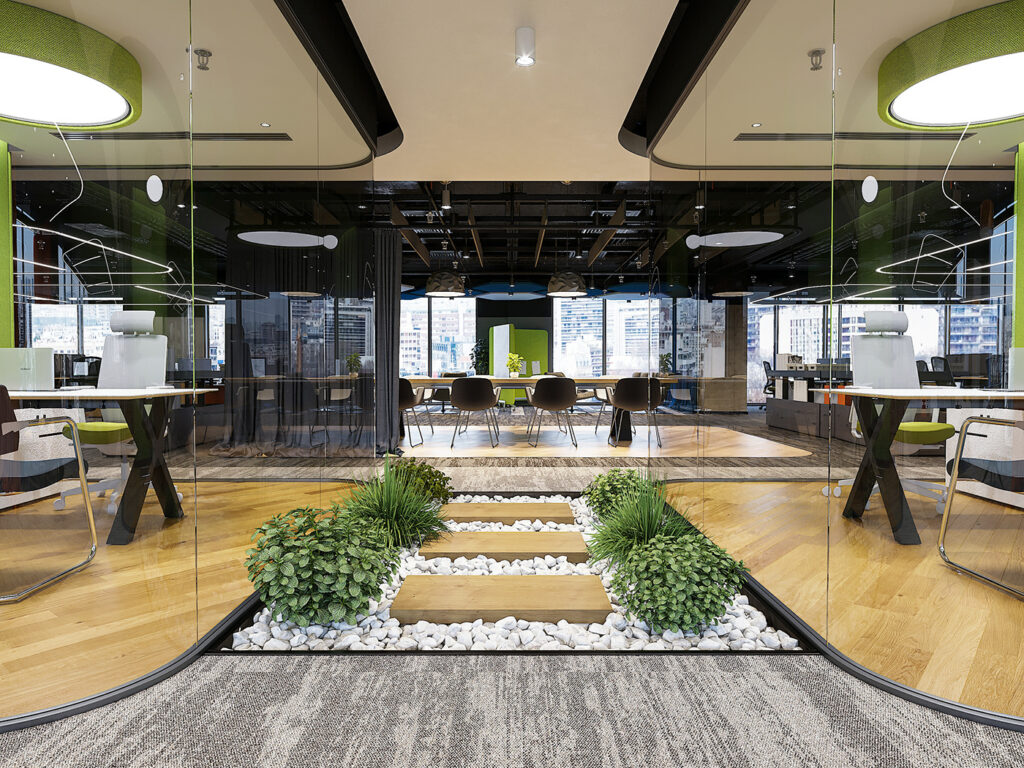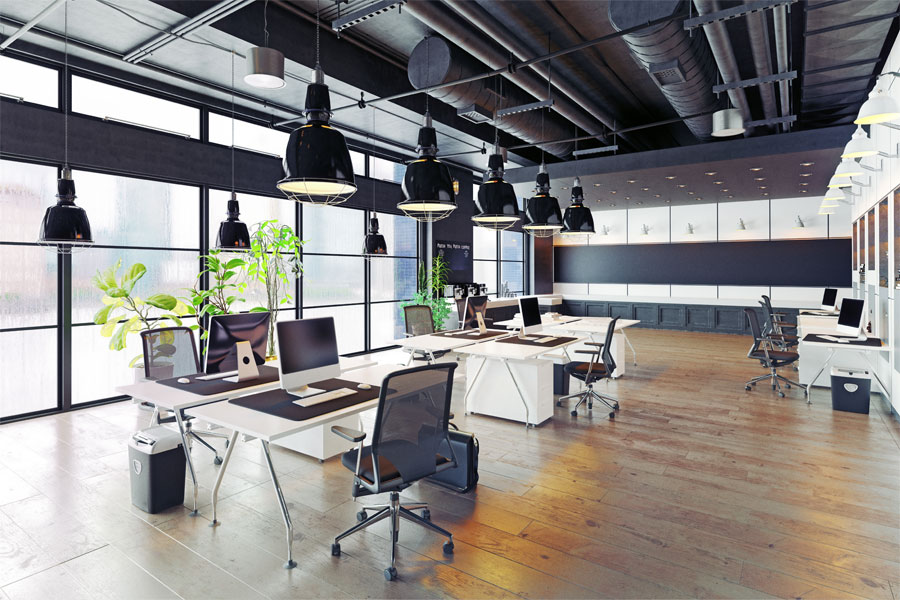Enhancing your workspace is a crucial investment that can significantly impact productivity, employee satisfaction, and overall business success. When undertaking such a project, you have two primary options: hiring a design consultant or engaging a commercial interior design agency. Both options offer unique benefits, but it’s essential to understand their differences to make an informed decision that aligns with your specific needs. In this article, we will explore seven key differences between hiring a design consultant and a commercial interior design company, helping you evaluate which option is the best fit for your workspace.
Expertise and Specialization
A design consultant is an individual professional who brings their expertise and specialized knowledge to your project. They typically work independently and possess extensive experience in the field of interior design. Their focused approach allows for tailored solutions that meet your specific requirements, ensuring personalized attention to detail.
A commercial interior design company, on the other hand, is a dedicated organization comprising a team of experts with diverse skills. They have experience working on a wide range of projects, including corporate offices, retail spaces, and hospitality establishments. Their comprehensive expertise allows for a holistic approach to workspace design, taking into account various factors such as branding, functionality, and scalability.
Resources and Scale
Design consultants often operate as solo practitioners or have a small team, enabling them to provide personalized attention throughout the project. Their smaller scale allows for close collaboration and direct communication with the consultant, fostering a strong working relationship and ensuring that your vision is fully realized.
Commercial interior design companies possess a larger infrastructure, including a dedicated team, project managers, and access to a network of suppliers and contractors. This extensive resource pool enables them to handle projects of varying scales and complexities efficiently. With a commercial interior design company, you can benefit from their established relationships, streamlined processes, and access to a broader range of resources.
Project Management and Execution
Design consultants often take a hands-on approach to project management and execution. They are directly involved in every aspect of the project, from conceptualization and planning to overseeing the construction and installation. This level of involvement allows for better control and ensures that the design intent is upheld throughout the process.
Commercial interior design companies typically have a dedicated project management team that handles the day-to-day operations, coordinating with various stakeholders involved in the project. This streamlined approach ensures efficient execution, timely delivery, and adherence to budget constraints. With their established processes, a commercial interior design company can effectively handle complex logistics, regulatory requirements, and coordination with subcontractors.
Read: Commercial interior design trends in 2023
Scope of Services
Design consultants can provide a range of services tailored to your specific needs. They can assist with space planning, furniture selection, lighting design, color schemes, and overall aesthetics. Design consultants excel at bringing your vision to life and curating a workspace that reflects your brand identity and culture.
Commercial interior design companies offer a more comprehensive range of services, covering not only the design aspects but also construction, project management, and post-installation support. They can handle everything from architectural modifications and material sourcing to overseeing contractors and conducting quality control. This comprehensive approach ensures a seamless and hassle-free experience throughout the entire project lifecycle.
Timelines and Deadlines
Design consultants often have more flexibility in their schedules, allowing for personalized timelines that can accommodate your specific requirements. They can adapt their workflow to align with your business operations, minimizing disruptions and ensuring a smooth transition during the renovation or redesign process.
Commercial interior design companies are adept at managing tight deadlines and delivering projects on time. Their established processes and dedicated project management ensure efficient time management, allowing for realistic timelines and effective coordination with contractors and suppliers. This commitment to timely delivery is particularly crucial for businesses that have strict project schedules or seasonal demands.
Pricing and Budget
Design consultants typically offer flexible fee structures, which can vary based on factors such as project complexity, size, and the scope of services required. Their pricing may include an hourly rate, a fixed fee, or a percentage of the project’s overall budget. This flexibility allows for customization, ensuring that you only pay for the services you need.
Commercial interior design companies usually provide detailed proposals and transparent pricing models. They offer comprehensive cost breakdowns, clearly outlining the expenses involved in the project. With a commercial interior design company, you can have a clearer understanding of the budget required, minimizing the chances of unexpected costs arising during the project’s execution.
Portfolio and Track Record:
Design consultants often rely on their personal portfolios and client testimonials to showcase their expertise and track record. They can provide a more personalized account of their previous projects, highlighting their design aesthetics and successful collaborations. Assessing a design consultant’s portfolio allows you to gauge their suitability for your specific workspace requirements.
Commercial interior design companies have established reputations and a track record of successfully completed projects. They can provide references from a wide range of clients, demonstrating their experience in handling diverse projects across industries. Their extensive portfolio showcases their capabilities in creating functional and visually appealing workspaces.
Conclusion
Deciding between a design consultant and a commercial interior design company for your workspace depends on various factors, including project scale, budget, and desired outcomes. Design consultants offer personalized attention, tailored expertise, and flexibility, while commercial interior design companies bring comprehensive expertise, extensive resources, and streamlined execution. Consider your specific needs, budget constraints, and the scope of your project to make an informed decision that will transform your workspace into a thriving environment conducive to productivity and success.





